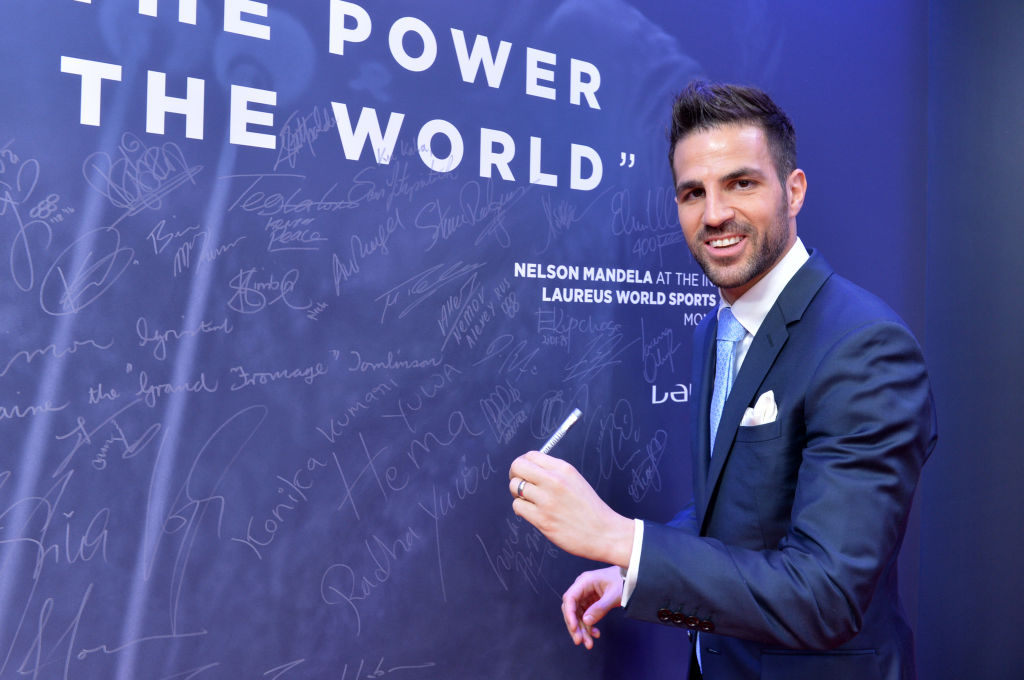Players as part owners: Is Cesc Fabregas’ deal with Como the future of football?

As athletes transition to life after professional sport it is natural for them to consider what comes next, and such considerations were highlighted recently by Cesc Fabregas’ recent signing with FC Como.
In addition to his wages, the Italian club has said that Fabregas will also become a co-owner. So could this be a trend that is set to continue?
Within English football, and European sport more generally, the player-ownership model is complex. The Premier League’s rules prevent a person from being involved in the management or administration of more than one club. The English Football League, however, permits shareholdings over 10 per cent when held purely for investment purposes.
This legal complexity was highlighted in 2021 after Gareth Barry was charged for allegedly breaching the FA’s regulations over his ownership and funding of Swindon Town FC while an Everton player.
Former players have invested in clubs in the UK, such as at Salford City, but player-ownership is more common in the US.
David Beckham’s contract at LA Galaxy included an option to purchase a Major League Soccer franchise, resulting in the launch of Inter Miami. Didier Drogba, on the other hand, acquired a minority stake in Phoenix Rising while playing for the United Soccer League team.
Not only are the rules therefore different between countries, but also between leagues and associations.
The structure of any such deal requires the transfer of shares from the current owners of the club to the player, in addition to their wages.
If the player opts to play for another club in the same league or country after this contract, they may be required to sell their interest. Strict rules often prevent players, coaches and owners from having interests in multiple clubs in the same jurisdiction in order to maintain the integrity of the competition.
If Fabregas does not do so, he will likely retain his shares and move into a strategic board or consultancy role at Como once he hangs up his boots.
The benefits to both sides are clear. Owners and players are likely to be more closely aligned, particularly on the success of the team and its commercial goals.
However, these types of deals are not without risks. It is important that a properly thought through shareholders’ agreement sets out how the parties are to behave, and most importantly, how decisions are to be taken.
We have seen an uplift in instructions from both athletes and brands on this type of equity-for-endorsement deal in recent years. Having acted on a number of the most high-profile ones to have taken place in the UK, we can only see these types of deals increasing over the years.
Fabregas-type deals are, however, more rare in this country at the moment. Rules governing club ownership in England are complex and ripe for change, with players acquiring minority stakes in clubs and an increase in multi-club groups such as City Football Group and the Red Bull network.
While this is likely to increase for those athletes that have retired or approaching retirement, there also appears to be a growing appetite for current athletes to maximise opportunities as they compete at the highest level.
Simon Leaf is Head of Sport and Oliver Millichap and Charlie Wright are part of the Sports Group at Mishcon de Reya.